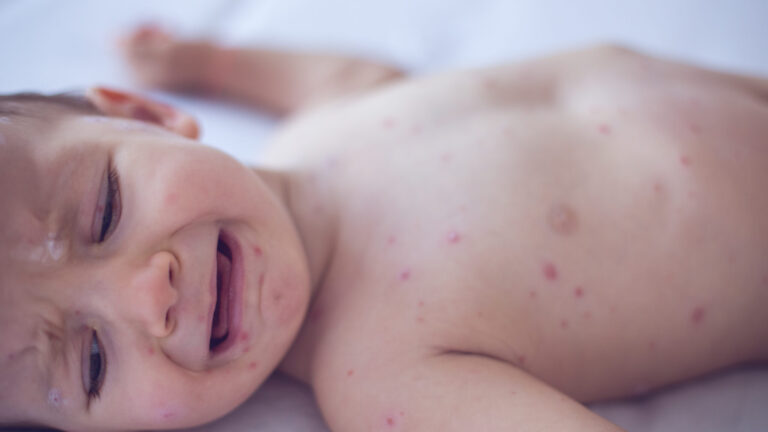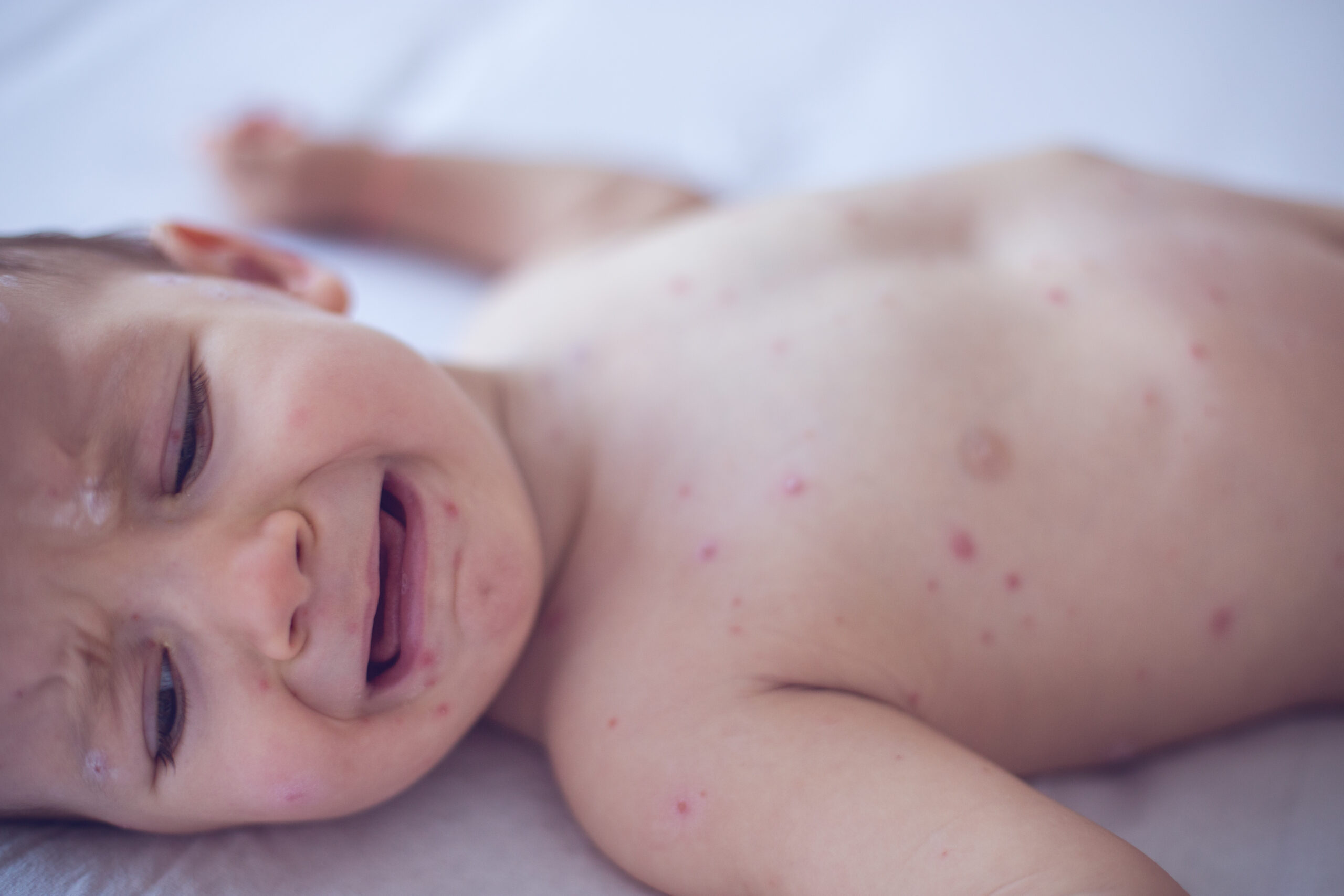
Measles, whopping cough, polio, tetanus—devastating and sometimes deadly diseases await comebacks in the US as more and more parents are declining routine childhood vaccines that have proved safe and effective.
The vaccination rates among kindergartners have fallen once again, dipping into the range of 92 percent in the 2023–2024 school year, down from about 93 percent the previous school year and 95 percent in 2019–2020. That’s according to an analysis of the latest vaccination data published today by the Centers for Disease Control and Prevention.
The analysis also found that vaccination exemptions rose to an all-time high of 3.3 percent, up from 3 percent in the previous school year. The rise in exemptions is nearly entirely driven by non-medical exemptions—in other words, religious or philosophical exemptions. Only 0.2 percent of all vaccination exemptions are medically justified.
The new stats mean that more parents are choosing to decline lifesaving vaccines and, for the fourth consecutive year, the US has remained below the 95 percent vaccination target that would keep vaccine-preventable diseases from spreading within communities. In fact, the country continues to slip further away from that target.
Based on data from 49 states plus the District of Columbia (Montana did not report data), 80 percent of jurisdictions saw declines in vaccinations of all four key vaccines assessed: MMR, against measles, mumps, and rubella; DTaP, against diphtheria, tetanus, and pertussis (whooping cough); VAR, against chickenpox; and polio.
Vulnerable kids
Coverage for MMR fell to 92.7 percent in 2023–2024, down from 93.1 percent in the previous school year. That means that about 280,000 (7.3 percent) kindergartners in the US are at risk of measles, mumps, and rubella infections. Likewise, DTaP coverage fell to 92.3 percent, down from 92.7 percent. Polio vaccination fell to 92.6 percent from 93.1 percent, and VAR was down to 92.4 percent from 92.9 percent.

